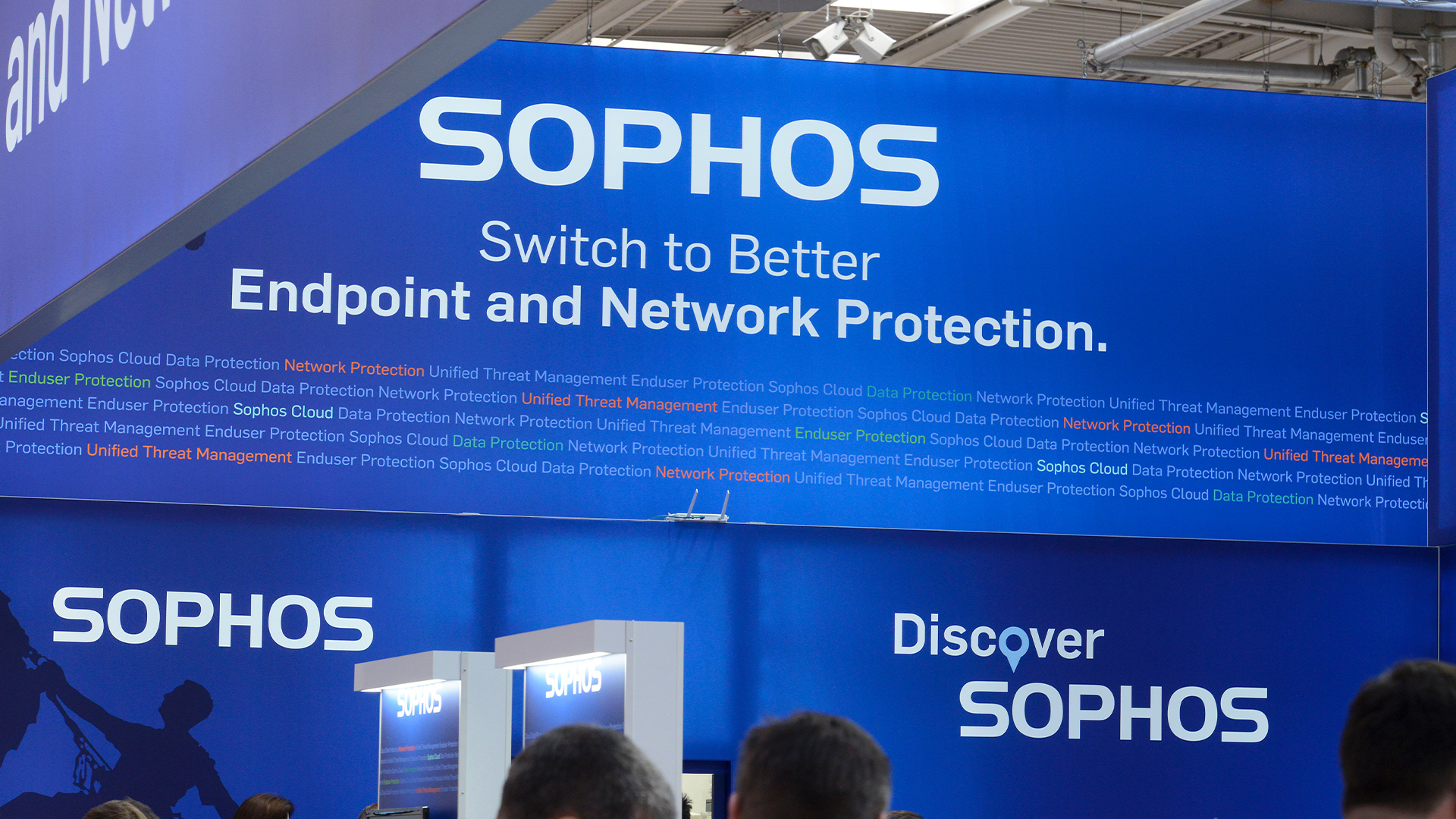Partnership secures Twitter spam threats
Partnerships are key to ensure users to feel safe when clicking on shortened links in micro blogging service Twitter.

Sign up today and you will receive a free copy of our Future Focus 2025 report - the leading guidance on AI, cybersecurity and other IT challenges as per 700+ senior executives
You are now subscribed
Your newsletter sign-up was successful
Bit.ly, a link shortening service popular with Twitter users, has formed partnerships with security firms to protect its users from malicious threats.
In a blog post, the company revealed that it had partnered with Websense, Sophos and Verisign in protecting the shortened links.
These can pose a potential risk, as in shortened form, the original URLs are masked from users. This means that users could potentially be taking to malicious websites without realising.
As well as Twitter, bit.ly provides link-shortening services to sites such as Facebook, CNN and Twitterfeed,
"Bit.ly is one of the largest sharing services on the web, with millions of shortened URLs created every day," said Andrew Cohen, bit.ly's general manager, in a statement.
"A large part of our success is due to the trust users have in our service and we work hard to earn that trust by warning our users about spam and malicious content."
Bit.ly will use the iDefense reputation service from Verisign, which has a blacklist containing URLs, domains and IP addresses that could host malicious activity.
Sign up today and you will receive a free copy of our Future Focus 2025 report - the leading guidance on AI, cybersecurity and other IT challenges as per 700+ senior executives
It will also use the Websense Threat Cloud service so it can analyse the web content behind links in real time, using heuristic tools and reputation data. Finally, it will work with Sophos by using its behavioural-analysis technology.
-
 Ransomware victims are getting better at haggling with hackers
Ransomware victims are getting better at haggling with hackersNews While nearly half of companies paid a ransom to get their data back last year, victims are taking an increasingly hard line with hackers to strike fair deals.
-
 96% of SMBs are missing critical cybersecurity skills – here's why
96% of SMBs are missing critical cybersecurity skills – here's whyNews The skills shortage hits SMBs worse as they often suffer from a lack of budget and resources
-
 Sophos Firewall Virtual review: Affordable network protection for those that like it virtualized
Sophos Firewall Virtual review: Affordable network protection for those that like it virtualizedReviews Extreme network security that's cheaper than a hardware appliance and just as easy to deploy
-
 MSPs are struggling with cyber security skills shortages
MSPs are struggling with cyber security skills shortagesNews A shortage of tools and difficulties keeping pace with solutions were also ranked as key issues for MSPs
-
 Nearly 70 software vendors sign up to CISA’s cyber resilience program
Nearly 70 software vendors sign up to CISA’s cyber resilience programNews Major software manufacturers pledge to a voluntary framework aimed at boosting cyber resilience of customers across the US
-
 Sophos and Tenable team up to launch new managed risk service
Sophos and Tenable team up to launch new managed risk serviceNews The new fully managed service aims to help organizations manage and protect external attack surfaces
-
 Ransomware groups are using media coverage to coerce victims into paying
Ransomware groups are using media coverage to coerce victims into payingNews Threat actors are starting to see the benefits of a more sophisticated media strategy for extracting ransoms
-
 Shrinking cyber attack “dwell times” highlight growing war of attrition with threat actors
Shrinking cyber attack “dwell times” highlight growing war of attrition with threat actorsNews While teams are becoming more proficient at detecting threats, attackers are augmenting their strategies

